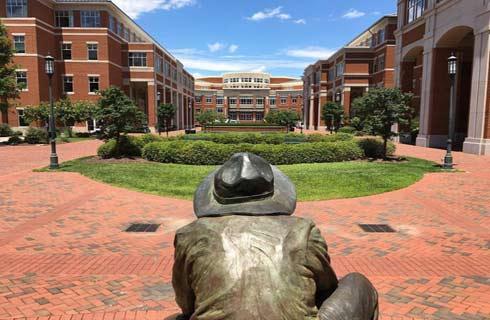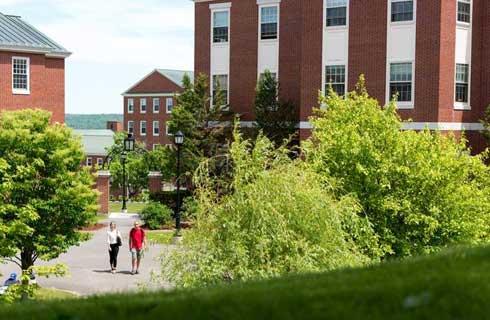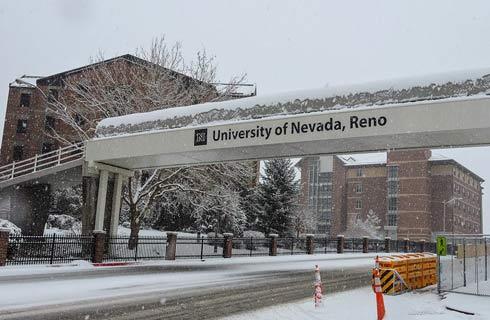Master of Science in Biochemistry

学历文凭
Masters Degree

专业院系
College of Agriculture, Biotechnology and Natural Resources

开学时间

课程时长

课程学费

国际学生入学条件
- Undergraduate degree in a related area
- Minimum undergraduate GPA of 2.75 for the M.S. program on a 4.0 scale
- Combined Graduate Record Exam (GRE) scores of 300 or higher.
- If English is not your native language, students are required to have a minimum composite scores of 79 ibt. Preferred TOEFL exam scores: Reading 23, Listening 19, Speaking 23, Writing 24.
Application Deadlines: Dec 15 (Fall) | June 15 (Spring).
IDP—雅思考试联合主办方

雅思考试总分
6.5
- 雅思总分:6.5
- 托福网考总分:79
- 托福笔试总分:550
- 其他语言考试:Pearson (PTE): 59, Cambridge: 176, Duolingo: 105
CRICOS代码:
申请截止日期: 请与IDP联系 以获取详细信息。
课程简介
相关申请
 预科
预科 奖学金
奖学金 实习机会
实习机会 在校学习
在校学习 跨境学习
跨境学习 校园授课-线上开始
校园授课-线上开始 在线/远程学习
在线/远程学习
本校相关课程

Master of Music in Music Education
学历文凭
Masters Degree
开学日期
课程费用总额


Master of Arts in Music
学历文凭
Masters Degree
开学日期
课程费用总额


Bachelor of Arts in Women's Studies
学历文凭
Bachelor Degree
开学日期
课程费用总额


Bachelor of Science in Wildlife Ecology and Conservation
学历文凭
Bachelor Degree
开学日期
课程费用总额


Bachelor of Science in Veterinary Science
学历文凭
Bachelor Degree
开学日期
课程费用总额


Doctor of Philosophy in Speech Pathology
学历文凭
Ph.D.
开学日期
课程费用总额

其他相关课程

生理学和生物物理学文学硕士
 霍华德大学
霍华德大学学历文凭
Masters Degree
开学日期
课程费用总额


生物学理学学士-分子生物学
 阿拉巴马大学伯明翰分校 - INTO USA
阿拉巴马大学伯明翰分校 - INTO USA学历文凭
Bachelor Degree
开学日期
课程费用总额


Doctor of Philosophy in Biochemistry of Health and Disease - Molecular Machines in Biology and Disease
 德雷塞尔大学
德雷塞尔大学泰晤士高等教育世界大学排名:423
学历文凭
Ph.D.
开学日期
课程费用总额


分子流行病学理学硕士
 南加州大学
南加州大学泰晤士高等教育世界大学排名:74
学历文凭
Masters Degree
开学日期
课程费用总额


生物化学与分子医学理学硕士
 纽约州立大学石溪分校
纽约州立大学石溪分校学历文凭
Masters Degree
开学日期
课程费用总额


Bachelor of Science in Computational Chemistry and Biochemistry
 伊利诺伊理工学院
伊利诺伊理工学院泰晤士高等教育世界大学排名:310
学历文凭
Bachelor Degree
开学日期
课程费用总额











